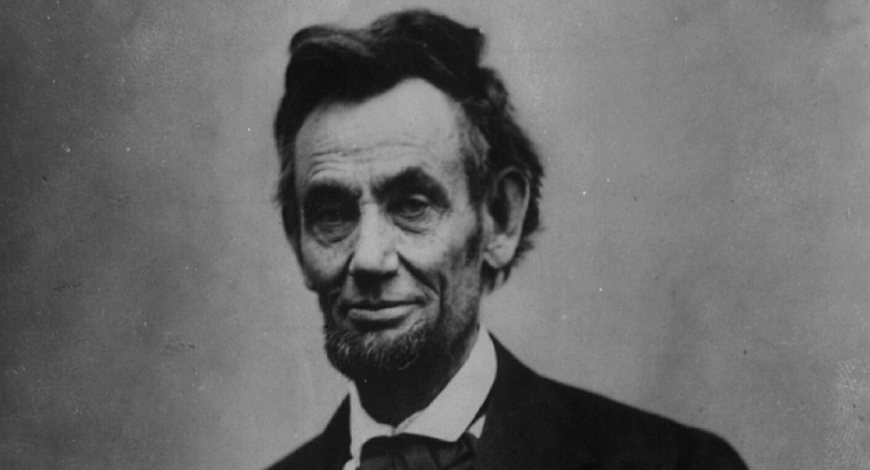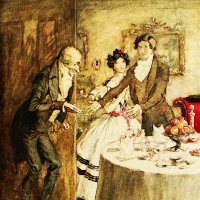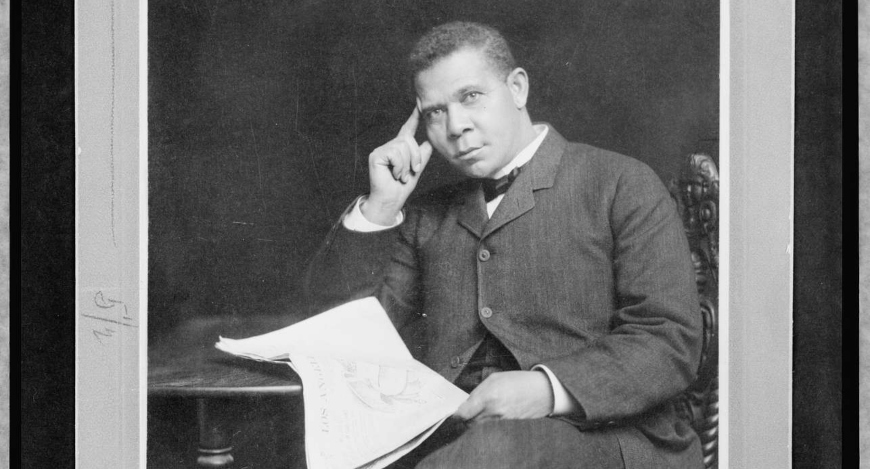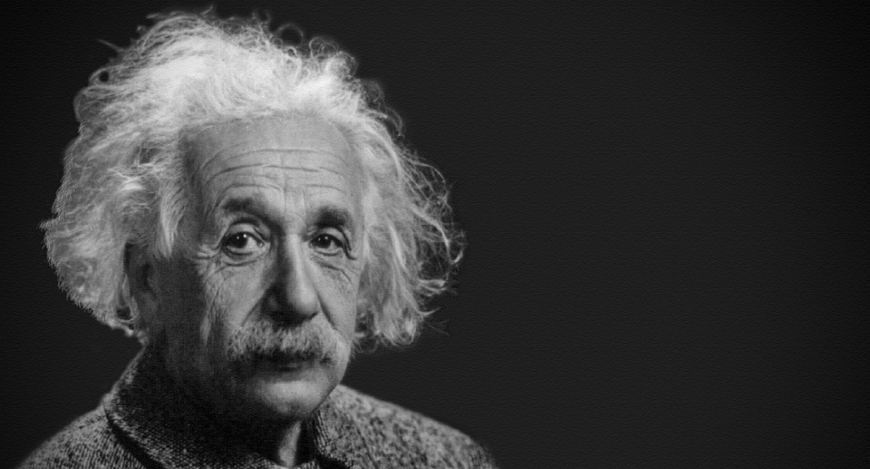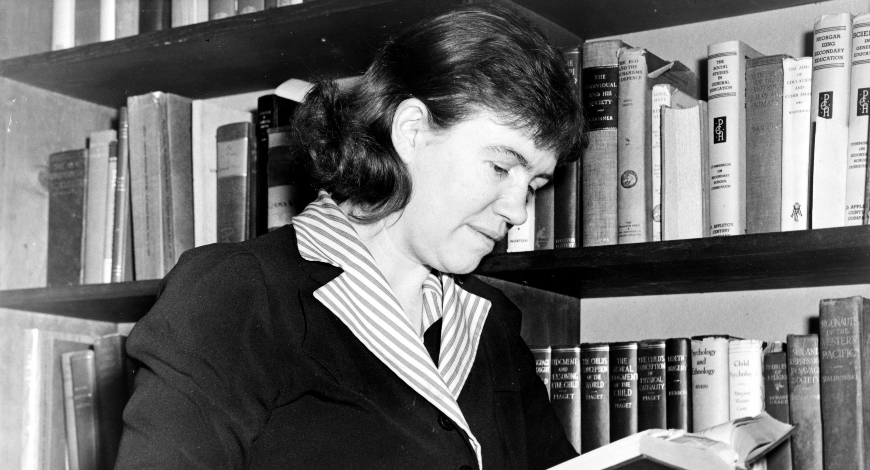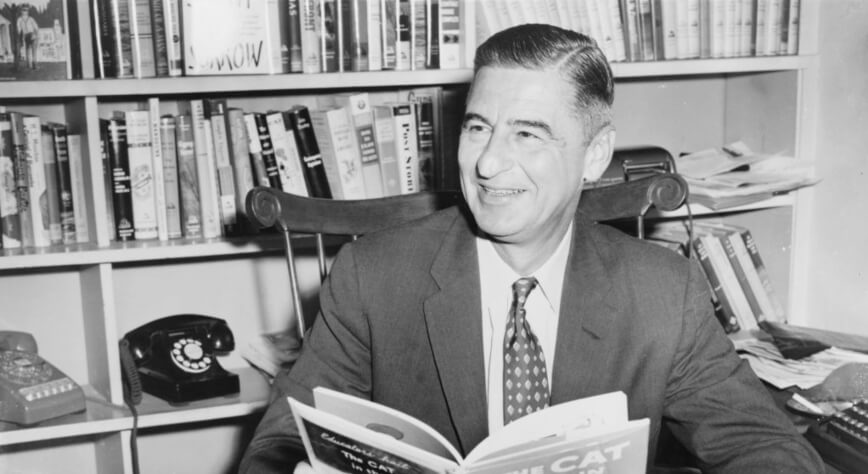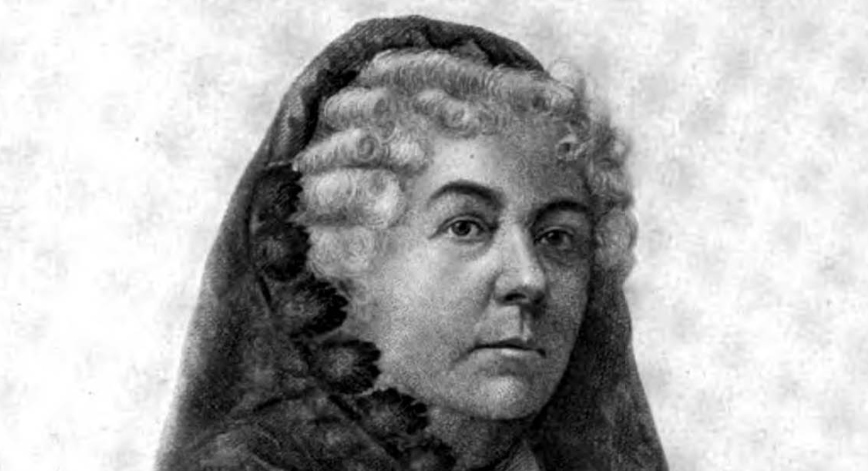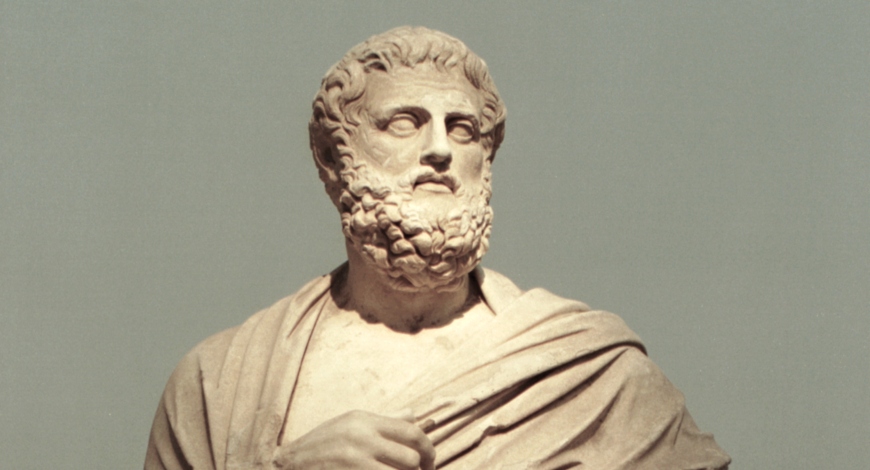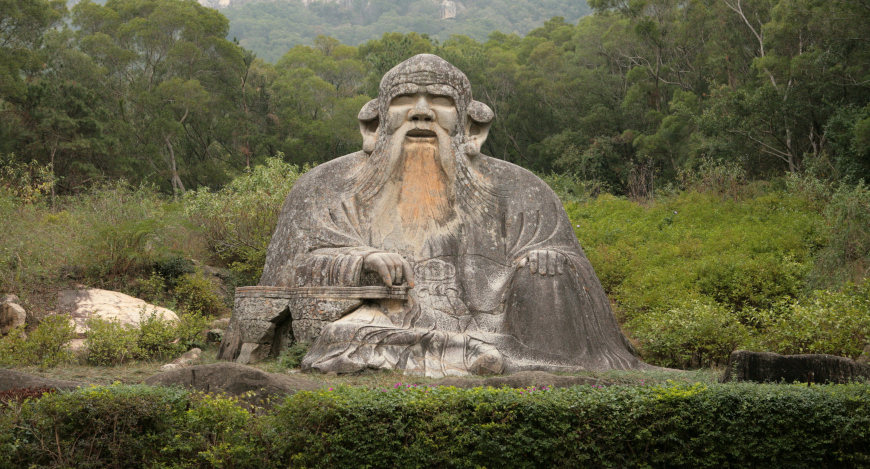Students approach decision-making in very different ways. Some are very impulsive and see decision-making as something to rush into and are very comfortable making changes on the fly. Others take a cautious approach and carefully consider all options before deciding on a course of action. Each situation demands its own customized strategy and students must reason through the options to select the right one.
Emerging research about the psychology behind altruism offer an interesting lens through which students can examine the happiness attained throughout selflessness. I would start this lesson by discussing the Booker T. Washington conversation about happiness, and ask students to share …
I love to use Charles Dickens’ A Christmas Carol to teach students about the happiness derived from helping and serving others. This is a great unit to teach around the holidays, if culturally appropriate, and to even include film clips …
Happiness is something all students want. The challenge is always how to get it. Students often get mixed messages here; on the one hand, they are told to focus on themselves and figure out a path towards happiness that benefits them directly. On the other hand, they are told that happiness can only be achieved by helping others. The choices they make in the quest for happiness shape their characters in profound ways.
Many students don’t like rules, and that’s because rules often make students turn against their consciences and deny what they think is right. Yet obedience to rules is necessary for stability. Schools, families and governments can’t function without adherence to the rules. The tension between our impulse to obey authority and our duty to follow our conscience never goes away.
Many students don’t like rules, and that’s because rules often make students turn against their consciences and deny what they think is right. Yet obedience to rules is necessary for stability. Schools, families and governments can’t function without adherence to the rules. The tension between our impulse to obey authority and our duty to follow our conscience never goes away.
Nathaniel Hawthorne’s The Scarlet Letter sheds an ironic light on Puritan hypocrisy and human tendency. Hester Prynn, guilty of adultery, is kind and humble. She does not expose Dimmesdale, who is blindly loved for his piety. The villagers mandate that …
When students hear the mantra “You can make a difference in the world,” there’s often an eye-roll. Students struggle to see how the actions of a few can have big consequences for the many. The fallout of this attitude is that many won’t decide to participate in that school-wide fundraiser, start that club or vote in the next election. The impulse to remain apathetic is strong but, as Mead reminds us, it just takes a different way of thinking to liberate us to act.
Many students assume they are just a number and don’t really matter in the world. They don’t think of themselves as role models with responsibilities to other people. Yet, like it or not, their behavior is being watched and they are having an influence on those around them in important, unseen ways. Becoming more aware of their impact makes students more compelled to act in ethical ways.
Honesty is a character trait to which most people aspire. With honesty comes trust and respect from others. Without it comes fear, suspicion and betrayal. Students face daily ethical choices over whether or not they should pursue the path of honesty or embrace deception.
Going through hard times is something most everybody has to do. Some people face hardship and turn away. They become discouraged and think that success is unattainable. Others see hardship as an opportunity for self-motivation, goal-setting and a fresh re-evaluation of values. Students must determine whether to see hardship as a barrier or an opportunity, and accept the consequences underlying the choices they make.
Students understand the dynamics of leadership firsthand, both from the perspective of being a follower of their teachers and being role models for their peers. They have strong opinions about how leaders should behave and what ethical responsibilities they have to others. Central to the challenge of being a leader is to know when to be out in front and when to follow the will of the people.

